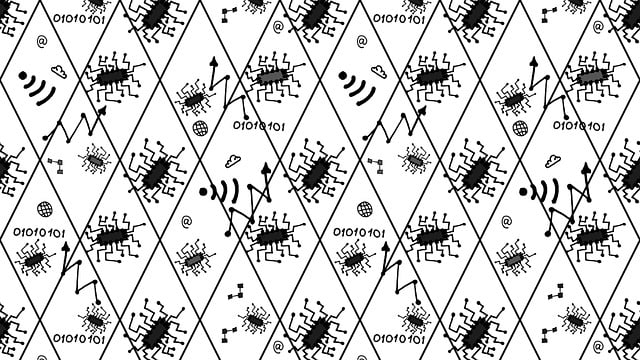Mold poses a significant threat to indoor environments, particularly in commercial spaces, leading to respiratory issues and allergic reactions. To comply with strict mold regulations for businesses, prioritize high-efficiency particulate air (HEPA) filters and activated carbon filters in air filtration systems. Integrate these measures along with addressing water leaks and improving ventilation to create safer, more productive environments that enhance employee and visitor well-being. Adhere to local mold regulations for businesses to maintain a healthy, compliant work environment.
In today’s world, maintaining indoor air quality is paramount, especially with strict mold regulations for businesses in place. Understanding the impact of mold on health and productivity prompts the need for effective solutions. This article guides you through the maze of air filtration systems designed to combat mold, a crucial step towards fostering healthy commercial spaces. We’ll explore key features, review top-rated systems, and offer insights to help business owners navigate the market effectively.
- Understanding Mold and Its Impact on Indoor Air Quality
- Key Features to Consider in Air Filtration Systems for Mold Prevention
- Top-Rated Air Filtration Systems for Commercial Spaces: A Comprehensive Review
Understanding Mold and Its Impact on Indoor Air Quality

Mold is a silent yet significant threat to indoor environments, especially in commercial spaces where air quality regulations are paramount. Understanding mold’s impact on health and indoor air quality (IAQ) is crucial for businesses aiming to comply with mold regulations. Mold spores, often invisible to the naked eye, can proliferate in areas with high humidity and inadequate ventilation, leading to various health issues for occupants. From respiratory problems to allergic reactions, mold-infested spaces pose serious risks, making effective air filtration systems essential tools for risk mitigation.
In light of these considerations, businesses must take proactive measures to maintain healthy IAQ standards. This involves addressing potential water leaks, improving ventilation systems, and investing in advanced air filtration technologies that can trap microscopic mold spores. By integrating such systems, commercial spaces can create a safer, more comfortable environment for employees and visitors alike, ensuring compliance with mold regulations while fostering productivity and well-being.
Key Features to Consider in Air Filtration Systems for Mold Prevention

When selecting an air filtration system designed to prevent mold growth, several key features should be at the forefront of your considerations. Firstly, look for high-efficiency particulate air (HEPA) filters, which are capable of trapping 99.97% of particles as small as 0.3 microns – a crucial factor in capturing mold spores. These tiny spores can be detrimental to both indoor air quality and human health, so efficient filtration is paramount.
Additionally, consider systems that employ activated carbon filters alongside HEPA filters. Activated carbon is highly effective at absorbing volatile organic compounds (VOCs) and odors, which are often associated with mold growth – these contaminants can contribute to poor indoor air quality if not addressed. Ensure the system also features a robust, easy-to-clean design; regular maintenance is essential for preventing mold from thriving within the unit itself. Remember that adhering to local mold regulations for businesses can be crucial in ensuring a safe and healthy working environment.
Top-Rated Air Filtration Systems for Commercial Spaces: A Comprehensive Review

When it comes to commercial spaces, maintaining a healthy and safe environment is paramount, especially in light of strict mold regulations for businesses. Top-rated air filtration systems play a pivotal role in ensuring indoor air quality and preventing mold growth. Commercial properties, from offices to industrial warehouses, require robust solutions to handle varying levels of air contamination.
There are numerous high-efficiency air filtration systems on the market designed specifically for commercial use. These advanced systems employ sophisticated filters capable of capturing microscopic particles, including mold spores, dust, and allergens. Features such as HEPA (High-Efficiency Particulate Air) filters, activated carbon, and UV germicidal irradiation ensure comprehensive air purification. Many leading brands offer smart control panels, allowing easy monitoring and maintenance, which is crucial for keeping up with stringent business mold standards.














